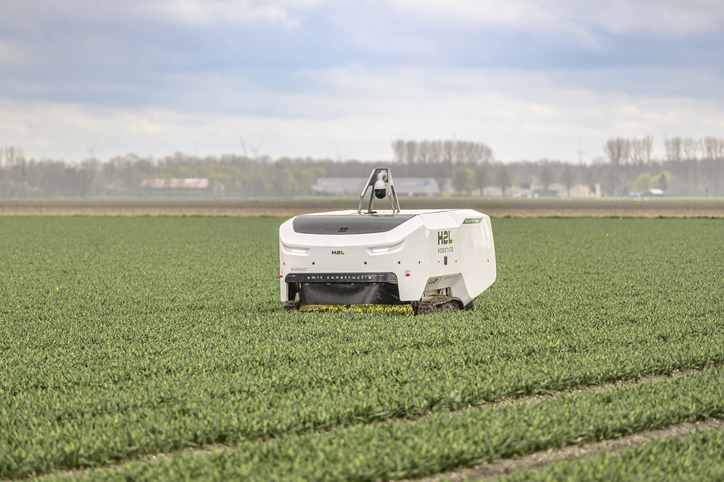Researchers at the University of Cambridge have invented a new kind of artificial leaf that turns sunlight, water, and carbon dioxide (CO2) into liquid fuels like ethanol and propanol.
These fuels can power cars and other vehicles. This breakthrough mimics how plants make energy through photosynthesis, but instead of producing food, it creates high-energy fuels.
The artificial leaf works by splitting water into oxygen and energy using sunlight. That energy is then used to convert CO2 into liquid fuel in a single step—skipping the need for other processes like syngas production. This makes the technology more efficient and easier to use.
This new method could become a powerful tool for reducing carbon emissions and fighting climate change. The liquid fuels it produces are easy to store and transport, making them practical for many uses, including transportation. Beyond cars, these leaves could help industries adopt cleaner energy solutions, further promoting a greener future.
The artificial leaf is a promising step toward a zero-carbon world by offering a renewable way to produce energy without relying on fossil fuels. Scientists hope this innovation will inspire more efforts to develop sustainable technologies that help protect the environment.












Thats great thats amzing great job
Nice! prefect for my workers